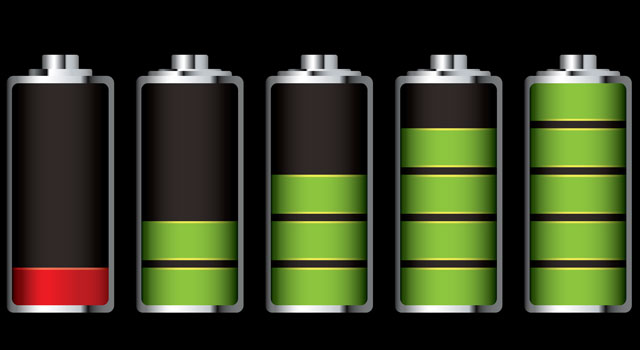
The recent unveiling by Tesla founder Elon Musk of the low-cost Powerwall storage battery is the latest in a series of exciting advances in battery technologies for electric cars and domestic electricity generation.
We have also seen the development of an aluminium-ion battery that may be safer, lighter and cheaper than the lithium-ion batteries used by Tesla and most other auto and technology companies.
These advances are exciting for two main reasons. First, the cost of energy storage, in the form of batteries, is decreasing significantly. This makes electric vehicle ownership and home energy storage much more attainable.
The second, related reason is that these cheaper green technologies may make the transition to a greener economy easier and faster than we have so far imagined (although, as has been recently pointed out on The Conversation, these technologies are only one piece of the overall energy puzzle).
These technological advances, and much of the excitement around them, lend themselves to the idea that solving environmental problems such as climate change is primarily a case of technological adjustment. But this approach encourages a strategy of “superindustrialisation”, in which technology and industry are brought to bear to resolve climate change, through resource efficiency, waste reduction and pollution control. In this context, the green economy is presented as an inevitable green technological economic wave.
But the prospect of this green economic wave needs to be considered within a wider environmental and social context, which makes solving the problems much more complex. Let’s take electric vehicles as an example.
The ecological damage of cars, electric or otherwise, is partly due to the fact that the car industry generates more than 3m tonnes of scrap and waste every year. In 2009, 14m cars were scrapped in the US alone.
The number of cars operating in the world is expected to climb from the current 896m to 1,2bn by 2020. The infrastructure associated with growing vehicle use, particularly roads, also makes a significant contribution to the destruction of ecosystems and arguably has important social costs.
Electric vehicles (EVs) offer a substantial greenhouse gas emission improvement from the internal combustion engine. However, this improvement depends on green electricity production.
An EV powered by average European electricity production is likely to reduce a vehicle’s global warming potential by about 20% over its lifecycle. This is not insignificant, but it is nowhere near a zero-emission option.
In large part, the life-cycle emissions of an electric vehicle are due to the energy-intensive nature of battery production and the associated mining processes. Indeed, there are questions around battery production and resource depletion, but perhaps more concerning is the impact that mining lithium and other materials for the growing battery economy, such as graphite, will have on the health of workers and communities involved in this global production network.
Processes associated with lithium batteries may produce adverse respiratory, pulmonary and neurological health impacts. Pollution from graphite mining in China has resulted in reports of “graphite rain”, which is significantly impacting local air and water quality.
The production of green technologies creates many interesting contradictions between environmental benefits at the point of use, versus human and environmental costs at the production end. Baoding, a Chinese city southwest of Beijing, has been labelled the greenest city in the world or the world’s only carbon-positive city. This is because Boading produces enormous quantities of wind turbines and solar cells for the US and Europe, and has about 170 alternative energy companies based there.
But last year the air in the city of Baoding was declared to be the most polluted in China — a country where air quality reportedly contributes to 1,2m deaths each year. These impacts need to be placed into any discussion or policy frameworks when exploring the shift to a “greener” future.
We should be excited about the shift to greener cars and affordable home electricity storage units, but in the process of starting to solve the technological challenges of climate change we must ensure that we are not creating environmental problems, particularly for the largely unseen workers and communities further up the production stream.
Our response to climate change needs to be more than just a technological adjustment. We argue that the shift to a green economy requires more transformative social political actions via skills and training, worker participation, and the coming together of environmental organisations, unions, business and government.
Indeed, the world of work is a critical site for emission reductions: 80% of Europe’s carbon emissions are workplace-related.
As we adopt emerging greener technologies, we will have to look beyond our shiny new Powerwall, or the electric car parked on the front drive, to ensure that the environmental and social changes promised by green technologies are not just illusions.![]()
- Caleb Goods is postdoctoral research fellow for Adapting Canadian Work & Workplaces to Climate Change at York University, Canada. Carla Lipsig-Mumme is professor of work and labour studies at the same institution
- This article was originally published on The Conversation

